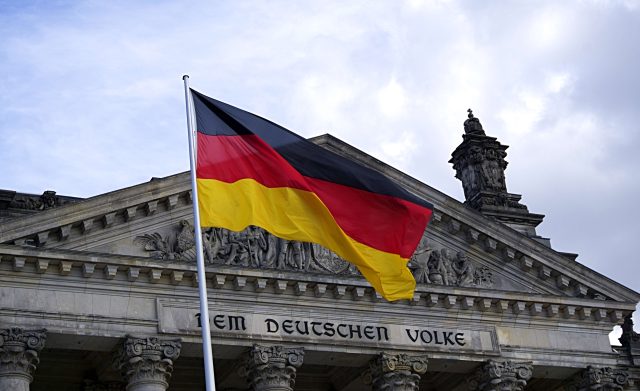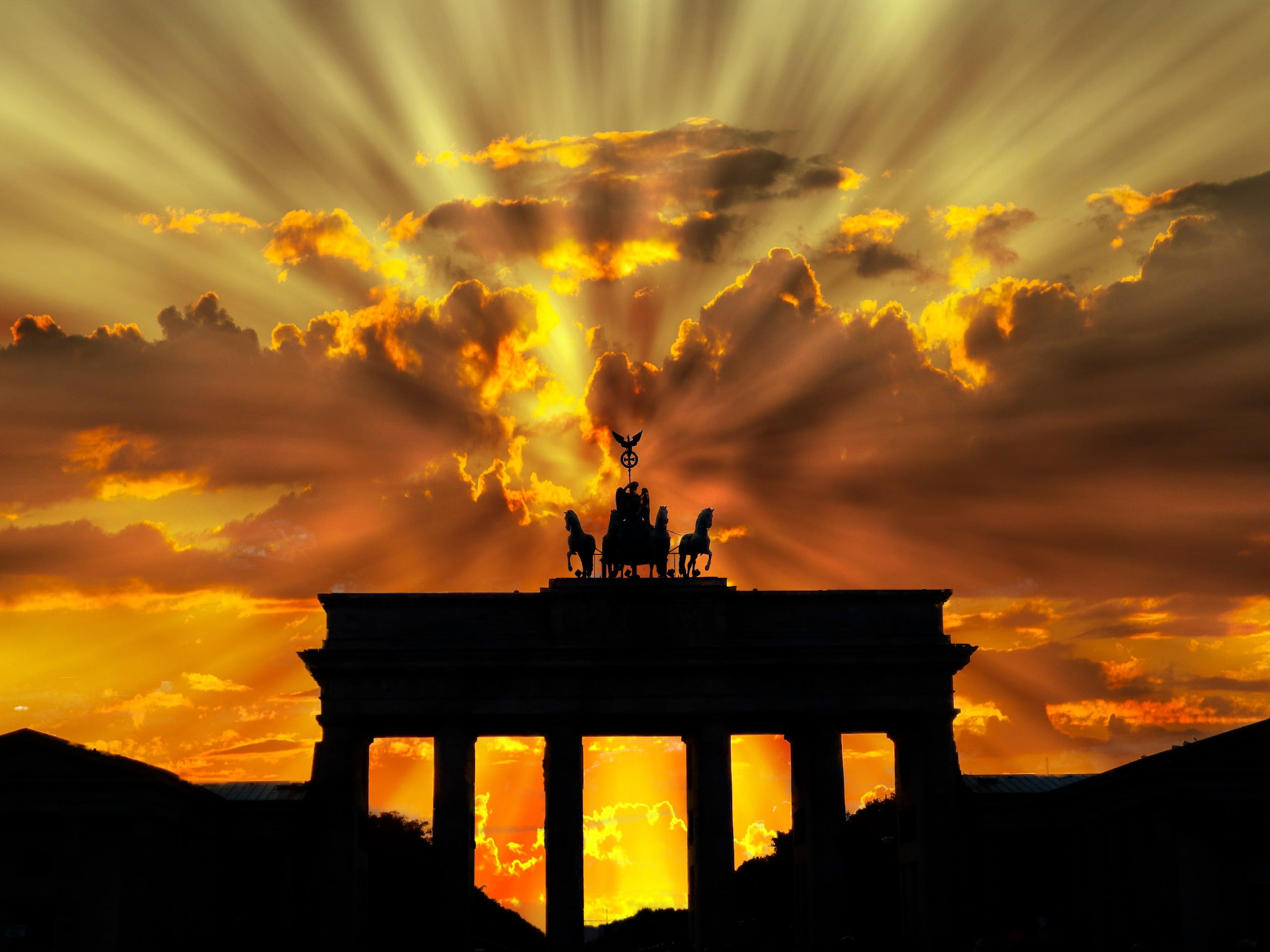
The early parliamentary elections in the European Union’s largest economy, Germany (which last year recorded its second consecutive decline in domestic output) held on Sunday, February 23, were closely watched by both European and American leaders. The new Bundestag’s composition may determine the fate of Europe’s recent economic differences with the US, as well as the fate of peace talks between Ukraine and the Russian Federation. The outcome of the German elections showed a clear outcome: Europe remains united, and populist and extremist forces failed to score above what opinion polls have shown in recent months. This means stability, progress and a more secure future for everyone living in the European Union.
The elections in Germany are a watershed moment, when the new government will have to make important decisions for the world stage as well as for its citizens. For those unfamiliar with how German parliamentary elections are conducted, the German Bundestag is made up of at least 598 members of parliament. Of the 598 seats, half belong to candidates who win an absolute majority in their constituencies. The remaining 299 seats are obtained by voting on so-called Land lists. This means that voters do not vote directly for a particular candidate, but vote for a party list on which the candidates for the Bundestag are listed. Candidates who are elected on lists are nominated in the 16 party branches of the Länder. Depending on the size of each Land, these Land lists are incorporated into the federal list. Each citizen is entitled to two votes, the second of which is of greater importance as it directly influences the structure of the Bundestag. For example, if a party receives 35% of the votes in the second vote, it will have the same proportion of representation in parliament. This vote thus determines the majority in the Bundestag. Once the number of seats obtained by a party in the second ballot is known, they are distributed among the lists for each Land. In addition, voters are free to choose whether to cast only their first or second vote. The topics of debate in February’s election campaign focused firstly on the fact that Germany’s economy has been slowing down since last year and secondly on migration policy, a hot topic for most EU member states. The number of MPs is getting complicated because the mandates won directly in the first vote are undeniably valid, and if a party wins more direct seats in a given state than the percentage it gets in the second vote, the parliament increases. This has happened in the past and it would not be a surprise to see the same thing in this month’s elections. Some 59.2 million German citizens were eligible to vote in this month’s elections. Although several million of these voted by post, the latest polls released to the public the day before the election showed that around 20% of citizens were undecided.
After the “Romania experiment”, where the Russian Federation, specializing in both social media disinformation and direct attacks on the security systems that protect elections, is suspected of influencing voter opinion in the presidential election, Germany has been trying to find the best safeguards against Russia. Sunday’s result confirmed that this has been done and the CDU and SPD could lead Germany for the next 4 years. However the formation of the new government could depend on the FDP. If the FDP liberals manage to get the 5% needed to get into the Bundestag, forming a CDU/CSU and SPD coalition government will be almost impossible and the next government will need three parties to be stable. If the FDP fails to enter parliament then the CDU/CSU and SPD will form a stable coalition for the future of Germany and Europe.
Although 69-year-old conservative leader Friedrich Merz was considered the front-runner to be Germany’s next chancellor, the far-right Alternative für Deutschland (AfD) has seen an exponential rise in German voters’ choice, raising concerns among EU member states and in the US. In the latest polls ahead of Sunday’s elections, the AfD came second. Political analysts were predicting that Friedrich Merz would have to form a governing alliance with at least one other party if he won the election. After Friedrich Merz made it clear on Saturday, the day before the vote, that he would not make a deal with Alternative für Deutschland, it was a foregone conclusion that Germany would most likely have a conservative government backed by the Social Democrats of Olaf Scholz, whose government collapsed last year. The problem with Germany’s coalition government is the Greens. For political stability, The Greens could be excluded from the negotiations, as it is seen as a political party that has run Germany’s energy industry into the ground with Kremlin backing.

It is well known that Germany is the second largest provider of military aid to Ukraine and is also under pressure to relax the military budget. Friedrich Merz has promised strong leadership in Europe but Germany’s next government, which will have a conservative chancellor, will have to face a US president who has been highly critical of President Volodimir Zelenskiy, whom he has labeled a dictator and who has broken the united front of Western Europe against Russia.
As for Germany’s transatlantic relationship, US Vice President JD Vance, after a meeting with Alice Weidel (AfD candidate for Chancellor) managed to shock Germany’s political leaders as he called for an end to the taboo on talks with the far-right. On the other hand, the AfD has enjoyed high popularity in the eastern German Länder and through the TikTok network it has also managed a rapid rise in the western German Länder. The AfD’s governing program presented to voters was one of abandoning the climate change measures imposed from Brussels, taking Germany out of the EU, building new nuclear power plants and repairing the NordStream gas pipeline, and improving economic relations with Russia. The hot topic of the election debates on public television (9 debates last month) was migration and national security. This topic was particularly fueled by the fact that 5 deadly attacks have been reported on German soil since May until polling day (3 of them committed during the election campaign itself), all of them allegedly carried out by immigrants.
Voter turnout was the highest since 1990, with over 84% of citizens casting their vote. Exit polls showed the conservative Christian Democratic Union and its Bavarian “wing”, the Christian Social Union (CDU/CSU), winning by between 28.5% and 29%. In second place, according to the polls, was the AfD with 19.5%- 20% (which has doubled its vote since the last election), and third was the SPD with 16%. Below the electoral threshold were the FPD with 4.9%, Sahra Wagenknecht (BSW) with 4.7% while other parties totaled 3.9%. The Greens got 13.5% while the Left Party took 8.5% of the vote. It should be noted that less than 30% after validation of the CDU/CSU vote would be significantly below their expectations. That is why the atmosphere at the CDU campaign headquarters was not euphoric when the exit-poll results were announced.
Friedrich Merz ruled out any government alliance with the AfD while Alexander Dobrindt of the Christian Social Union (CSU) claimed that “the Greens will not be needed” .
“We have made it clear what we consider to be a political change and we have made it clear that this cannot include the Green Party. I cannot imagine a coalition with them. On the contrary: we will do our utmost to build a coalition, and the Greens will not be necessary,” Alexander Dobrindt said.
Germany’s new chancellor will not be appointed until a coalition government is formed. This procedure could take several months and the conservative Friedrich Merz will most likely succeed Chancellor Olaf Scholz, who will remain in office “on an interim basis” until the Bundestag elects a new chancellor.



 Subscribe
Subscribe